
Is Mario Still Relevant Today? - Article
by Adrian Andrews , posted on 24 August 2012 / 5,358 ViewsMario is getting old. He’s no longer the new, innovative, experimental plumber that he was 25 years ago. Perhaps Mario has had his day. Perhaps the moment has passed. Perhaps he should gracefully bow out of gaming, before people catch on. But that will never happen. Not now. And, hopefully, not ever.
And here’s why.
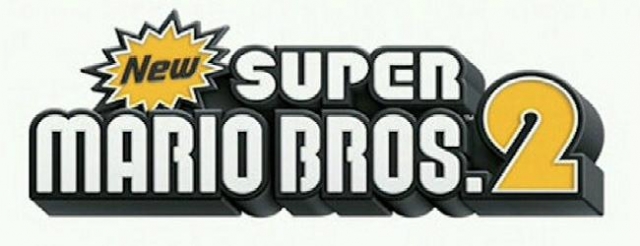
A Different World
First, though, let's take a look at the other side of the argument - why Mario should disappear. 1985 is a year that, for most readers here, is before their time. But 1985 is perhaps the most crucial year in gaming history. It was the year that Mario, and to a lesser extent, Nintendo, were first truly introduced to the world. It was the game that first made gaming accessible to (almost) anyone, and still remains an absolute classic to this very day. Very few would deny that, without Mario, gaming as we know it would be very different today, if it even existed at all.
However, this is not 1985. This is 2012. The world has changed, and Mario is still stuck in the past. In this 3D world, where realistic and violent shooters rule the gaming scene, the attraction of a plucky plumber, jumping on turtles and mushrooms to save a princess from another, bigger turtle seems to make little sense, and probably wouldn’t see the light of day were it pitched today.
And then you have the reputation attached to Mario, and also Nintendo, of it being ‘kiddy’, or ‘casual’. Personally, I heartily disagree with both statements, but sadly, you have to follow the market. The more Mario games that release, the greater this casual reputation becomes. We've seen how this can negatively affect Nintendo - it discourages third party developers from creating their best games for Nintendo's system. The Wii had this problem, and not even Nintendo can single-handedly support a console for long. So the easiest way to get these developers back on board, and to attract the ‘hardcore’ gaming crowd, is to drop the casual image, and that means dropping Mario. Of course, such a 'solution' would bring with it its own problems, but it establishes the counter-argument for the purposes of this article.
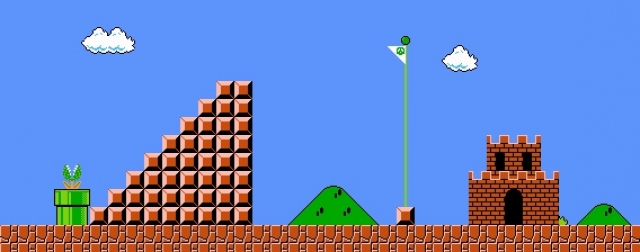
Lack of innovation, and over-saturation
The big draw of Mario was that it always used to do something new. Super Mario Bros. was the first viable ‘modern’ videogame. Super Mario Bros. 2 added new features. Super Mario Bros. 3 shook things up even further, adding new costumes (Frog Suit, Tanooki Tail) and giving the graphics a complete overhaul. Super Mario World added Yoshi. SMW2 added Yoshi as a main character, and gave the game a new style yet again. Super Mario 64 was the first game in 3D. The list goes on.
But the ‘New’ Super Mario Bros. games haven’t done this. They have all, in one way or another, failed to innovate. All three games thus far released (DS, Wii, 3DS) have the exact same art style, very similar mechanics, and haven’t really added anything new to the series (bar the odd returning power-up). Heck, the newest game - New Super Mario Bros. 2 - doesn’t even feature new music. Instead, the same theme from the original game is mixed up to create the illusion of a new experience.
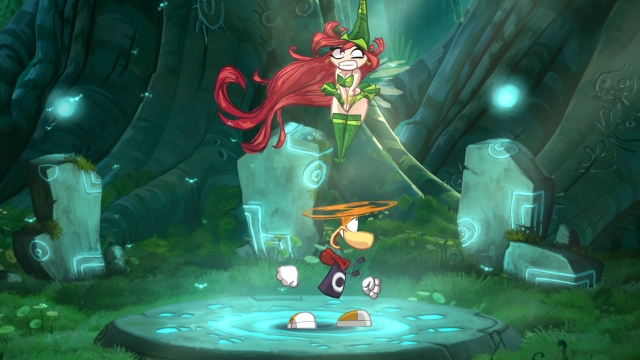
Perhaps this is the reason for the increasingly luke-warm critical reception. Mainline Mario games almost always score over 90 on Metacritic, for example, but the past two 2D titles are the series’ lowest scores, with 87 for the Wii version, and a pitiful 78 for the 3DS game. Why is this? People complain that these games just don’t do anything new. They may be good, but they’re the same as the titles that came before them. People have picked up on that now; you can only sell on nostalgia and name recognition alone for so long.
And now Mario’s got competition. The 2D platformer is coming back in a big way, with the Rayman and LittleBigPlanet franchises leading the way in recent years. These are games which try something different; these are games which mix up the genre and add something new. As such, they are both highly enjoyable for the player and advance the genre to new places. If Mario wants to stay relevant, he needs to innovate, move forward with his competitors, and only release games of the highest quality.
Perhaps it is time Mario left the game to the new stars. He’s done his job, after all…
But wait!
There’s one big, big problem with that. The single biggest reason why Mario should stick around is not because of his legacy, nor because of the level of innovation (or lack thereof) he brings to the table, but because every single Mario game released is fun. Simple, mindless, platforming joy. I can think of few moments more exciting than jumping on that first Goomba in Super Mario Bros., or using the first Warp Star in Super Mario Galaxy and looking at all the different planets and areas you’ll be visiting later in the level. Even in the newer games, where you turn into Mega Mario for the first time and just destroy everything in your way, or turn into Golden Mario and convert everything in your way into coins, Mario is still capable of delivering a unique sense of fun.
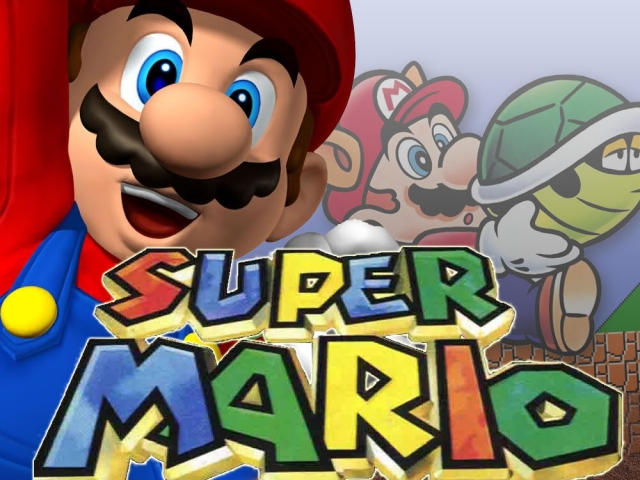
And that’s why I play videogames, especially Mario games. Yes, innovation would be welcome (I’m not saying that the series doesn’t needs a shake-up), but to say that Mario is no longer relevant today is rubbish. I’d choose a new Mario game over almost any other title, and I wouldn't have any regrets. The day Mario eventually retires (if he ever does) will be one of the saddest days for the industry in its lengthy history.
I hope that day never comes.








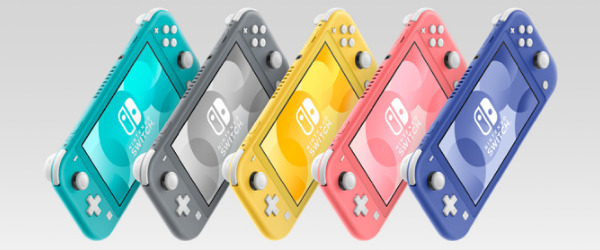
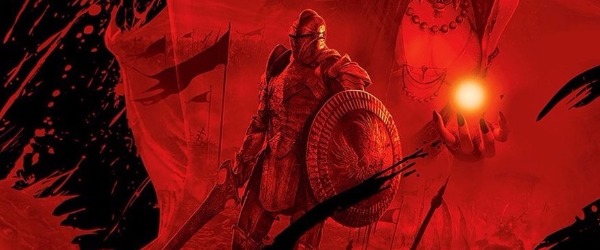
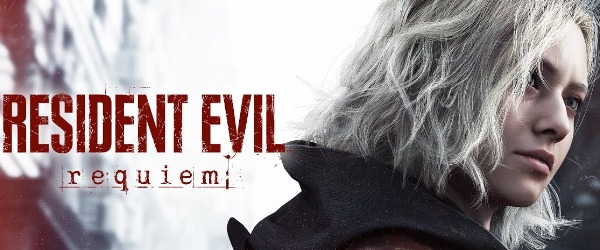
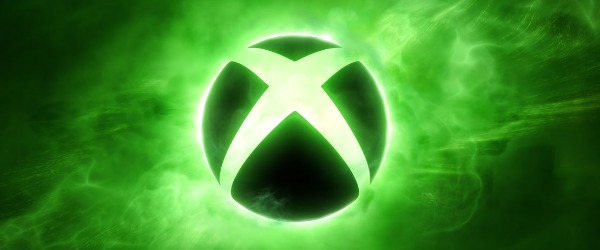










 Essay Pro
Essay Pro